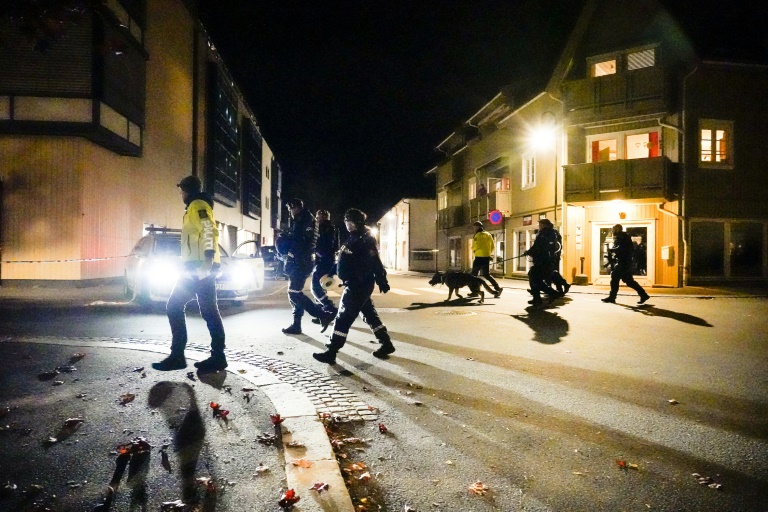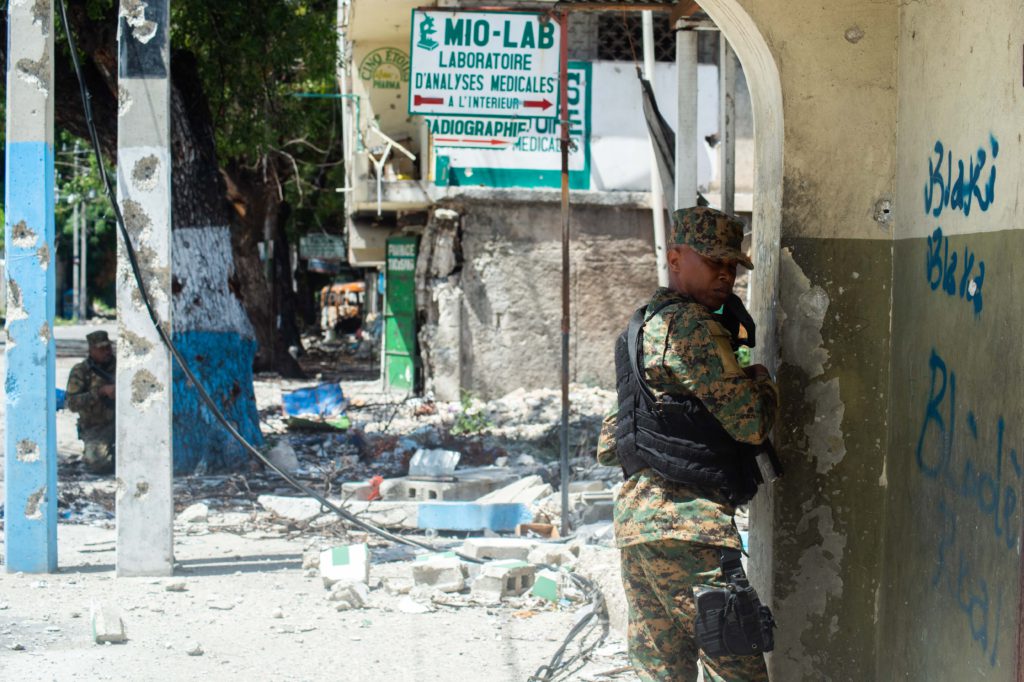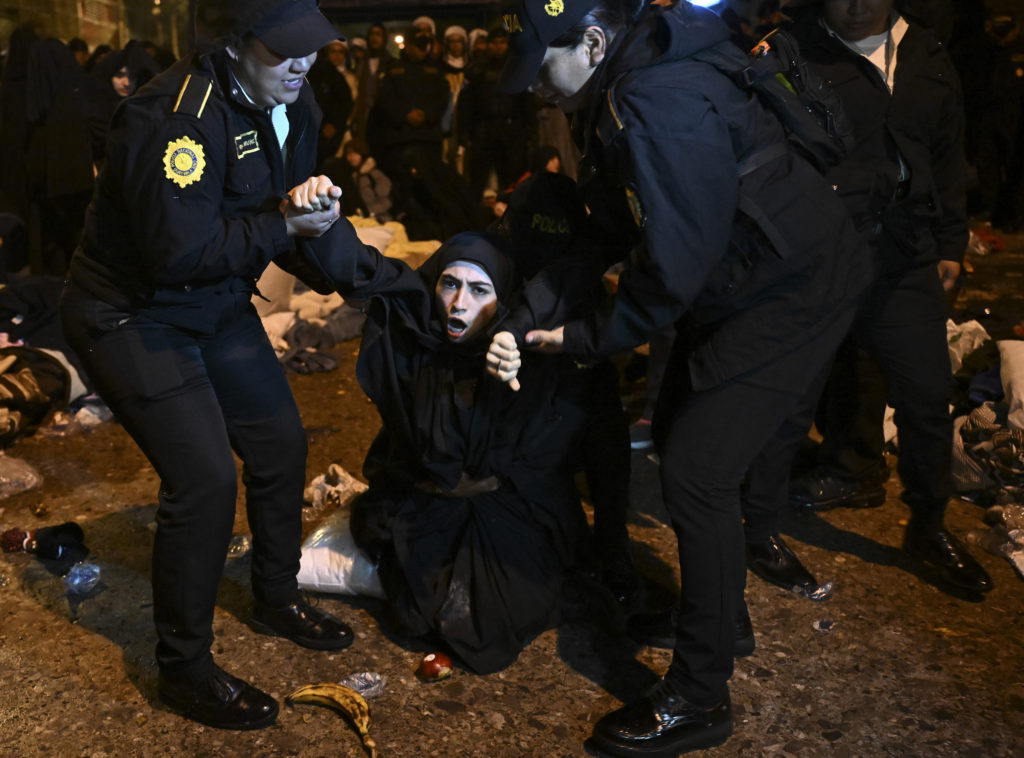A Danish man suspected of killing five people with a bow and arrows in Norway had converted to Islam and was previously known to police over fears that he had radicalised, officials said Thursday.
Five people were killed — four women and one man — and two others were injured on Wednesday in the south-eastern town of Kongsberg in Norway’s deadliest attack in a decade.
“We’re talking about a convert to Islam,” Norwegian police official Ole Bredrup Saeverud told reporters on Thursday, adding: “There were fears linked to radicalisation previously.”
Saeverud said the 37-year-old suspect had confessed during questioning. Those who were killed during the attack were all aged between 50 and 70.
“We are investigating among other things to determine whether this was a terrorist attack,” Saeverud added.
Reports that linked him to radicalisation pre-dated this year, Saeverud said, and police had followed up at the time. “We haven’t had any reports about him in 2021, but earlier,” he said.
“We’re relatively sure that he acted alone.”
Murder in Norway is rare.
It was the deadliest attack in the Scandinavian country since far-right extremist Anders Behring Breivik killed 77 people in 2011. Since then, Norway has seen one other far-right attack, carried out by a self-proclaimed neo-Nazi who opened fire into a mosque.
On Thursday it was largely quiet in Kongsberg, a picturesque town of 25,000 people with wooden facades and the foliage changing colour for the autumn.
Streets were almost empty with only a light police presence.
A few police officers stood outside a store where part of the attack took place, and where a chip could be seen in the glass door from some type of shot fired.
Two candles flickered outside the town’s church.
Denmark’s Prime Minister Mette Frederiksen reacted with “great sadness” to the “terrible attack.”
– ‘Running for their lives’ –
The suspect was due to go before a judge on Friday for a custody hearing and was undergoing a psychiatric examination on Thursday, the prosecutor said.
The victims have not yet been named publicly, but one of the wounded was an off-duty police officer who had been in a store.
Norwegian media questioned why it took police more than a half-hour to arrest the suspect after the first reports of the attack.
Police were informed of the attack at 6:13 pm (1613 GMT) and the suspect was arrested at 6:47 pm. He fired arrows at police, who responded with warning shots, Saeverud said.
A witness, identified only as Hansine, told commercial television channel TV2 she had heard a disturbance, then saw a woman take cover and “a man standing on the corner with arrows in a quiver on his shoulder and a bow in his hand”.
“Afterwards, I saw people running for their lives. One of them was a woman holding a child by the hand,” she said.
– Arrow stuck in wall –
Images in the media showed a black arrow sticking out of a wall and what looked like competition-grade arrows lying on the ground.
Police said Thursday the suspect had also used other weapons, but provided no details.
“These events shake us,” said Prime Minister Erna Solberg, who stepped down Thursday, replaced by Jonas Gahr Store, whose Labour Party won recent parliamentary elections.
Store lamented the “horrible acts”, while Norway’s King Harald said he was “appalled by the tragic events”.
Norwegian police are not normally armed, but after the attack, the National Police Directorate ordered that officers be armed nationwide.
Norway rarely experiences such violence, but 10 years ago Anders Behring Breivik killed 77 people in the country’s worst massacre since World War II.
Breivik first set off a bomb in Oslo next to the building that housed the office of the prime minister, then went on a shooting spree at a summer camp for left-wing youth on the island of Utoya.
In August 2019, self-proclaimed neo-Nazi Philip Manshaus opened fire into a mosque on the outskirts of Oslo before being overpowered by worshippers, with no one seriously injured.
He earlier shot dead his step sister, who had been adopted from China, in what prosecutors termed a “racist act”.
Several planned jihadist attacks have also been foiled by security services.











